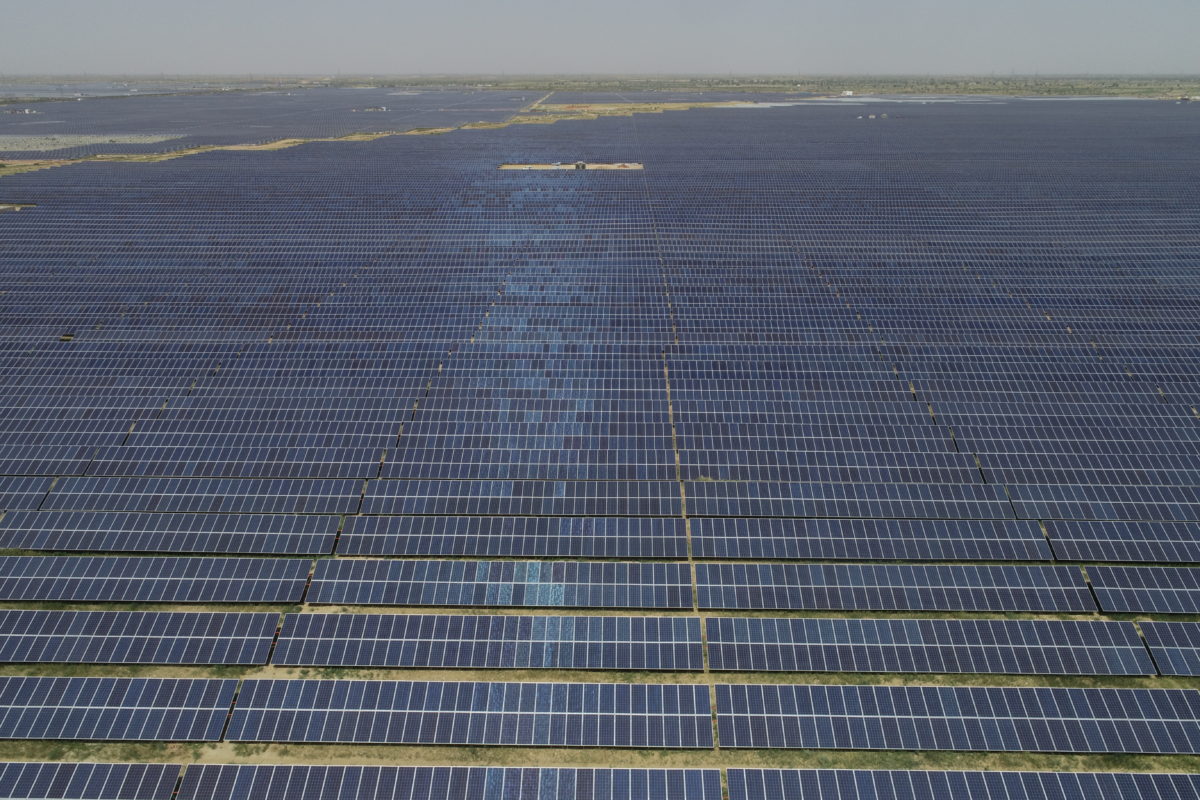Norway’s Scatec and Indian developer Acme Solar have decided to put on hold their 900 MW solar project in the Indian State of Rajasthan.
Announcing the decision in its fourth quarterly report, Scatec cited a lack of supply of domestic solar panels and a 40% import duty on solar panels to be imposed from April as the reasons for putting the project on hold. Due to these, the project has been moved from backlog to pipeline, the developer stated, adding it still viewed India as a very robust market.
Scatec has a 50% stake in the Rajasthan solar project being developed by Acme. The project, its first in India, was scheduled for commissioning in 2022. It will benefit from a 25-year power purchase agreement (PPA) with the Solar Energy Corporation of India.
Scatec stated the main reason for putting the Rajasthan project in the pipeline was “the realization or confirmation that the import duty was not going to be lifted for some of the projects in that [it’s 900 MW project] category.”
It added, “There will be a change in the market in terms of where are the modules being sourced from, China or all the production being built up in India. We are a bit uncertain how quickly that is moving. That’s why we have decided to take this large project into the pipeline from the backlog.”
Also, “There is a gap in between the price level that we have seen in modules from China and the expected price level for India modules. We expect that over time, production lines for modules in India will approach the same cost level as in China. But that needs to be confirmed. Without knowing that, we have decided to move the project from backlog to pipeline.”
As shared by Scatec last year, the 900 MW solar project has an estimated total CAPEX of US$ 400 million, with 75% debt financing from an Indian state-owned lender. Scatec holds a 50% economic interest in the project, with Acme retaining the balance 50%.
Acme’s scope of work includes turnkey engineering, procurement, and construction (EPC) work. Scatec will ensure delivery as per international standards of Health, Safety, Security and Environment (HSSE) and Environment and Social (E&S), as well as optimization of engineering, procurement, and operations of the plants.
This content is protected by copyright and may not be reused. If you want to cooperate with us and would like to reuse some of our content, please contact: editors@pv-magazine.com.









3 comments
By submitting this form you agree to pv magazine using your data for the purposes of publishing your comment.
Your personal data will only be disclosed or otherwise transmitted to third parties for the purposes of spam filtering or if this is necessary for technical maintenance of the website. Any other transfer to third parties will not take place unless this is justified on the basis of applicable data protection regulations or if pv magazine is legally obliged to do so.
You may revoke this consent at any time with effect for the future, in which case your personal data will be deleted immediately. Otherwise, your data will be deleted if pv magazine has processed your request or the purpose of data storage is fulfilled.
Further information on data privacy can be found in our Data Protection Policy.